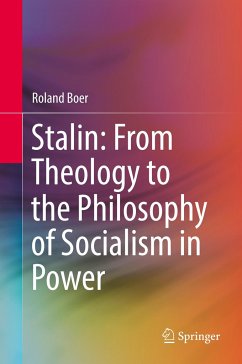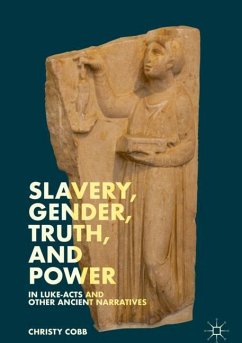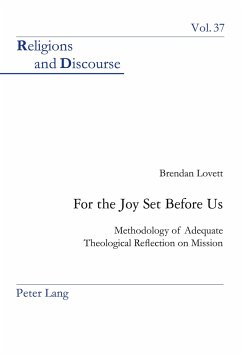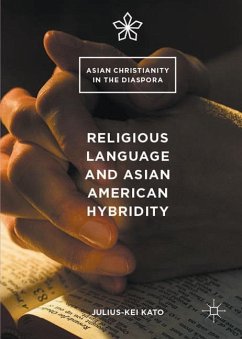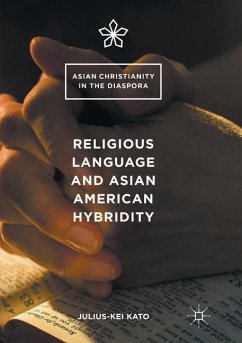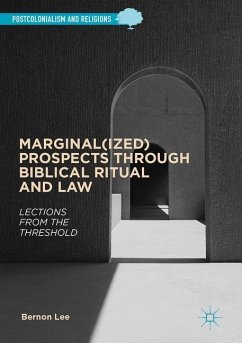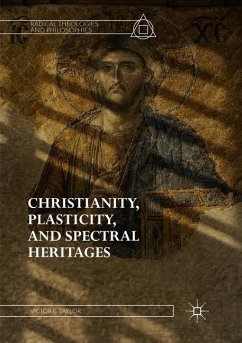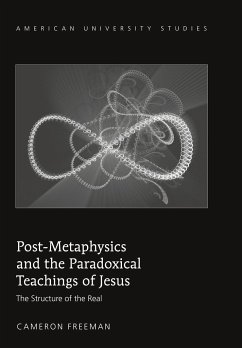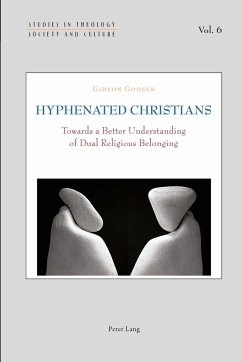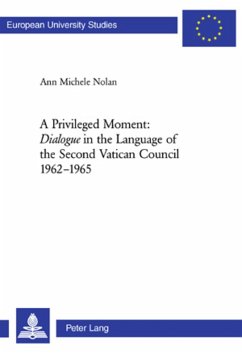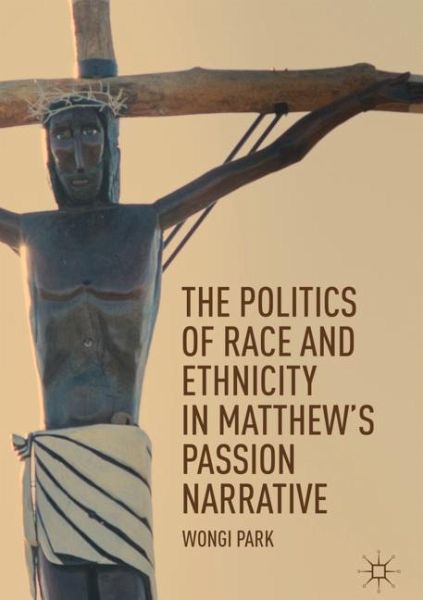
The Politics of Race and Ethnicity in Matthew's Passion Narrative

PAYBACK Punkte
33 °P sammeln!
In Matthew's passion narrative, the ethnoracial identity of Jesus comes into sharp focus. The repetition of the title "King of the Judeans" foregrounds the politics of race and ethnicity. Despite the explicit use of terminology, previous scholarship has understood the title curiously in non-ethnoracial ways. This book takes the peculiar omission in the history of interpretation as its point of departure. It provides an expanded ethnoracial reading of the text, and poses a fundamental ideological question that interrogates the pattern in the larger context of modern biblical scholarship. Wongi ...
In Matthew's passion narrative, the ethnoracial identity of Jesus comes into sharp focus. The repetition of the title "King of the Judeans" foregrounds the politics of race and ethnicity. Despite the explicit use of terminology, previous scholarship has understood the title curiously in non-ethnoracial ways. This book takes the peculiar omission in the history of interpretation as its point of departure. It provides an expanded ethnoracial reading of the text, and poses a fundamental ideological question that interrogates the pattern in the larger context of modern biblical scholarship. Wongi Park issues a critique of the dominant narrative and presents an alternative reading of Matthew's passion narrative. He identifies a critical vocabulary and framework of analysis to decode the politics of race and ethnicity implicit in the history of interpretation. Ultimately, the book lends itself to a broader research agenda: the destabilization of the dominant narrative of early Christianity's non-ethnoracial origins.



